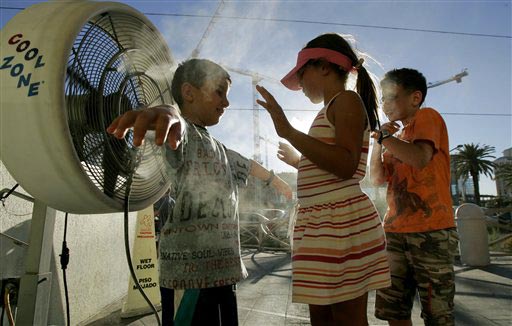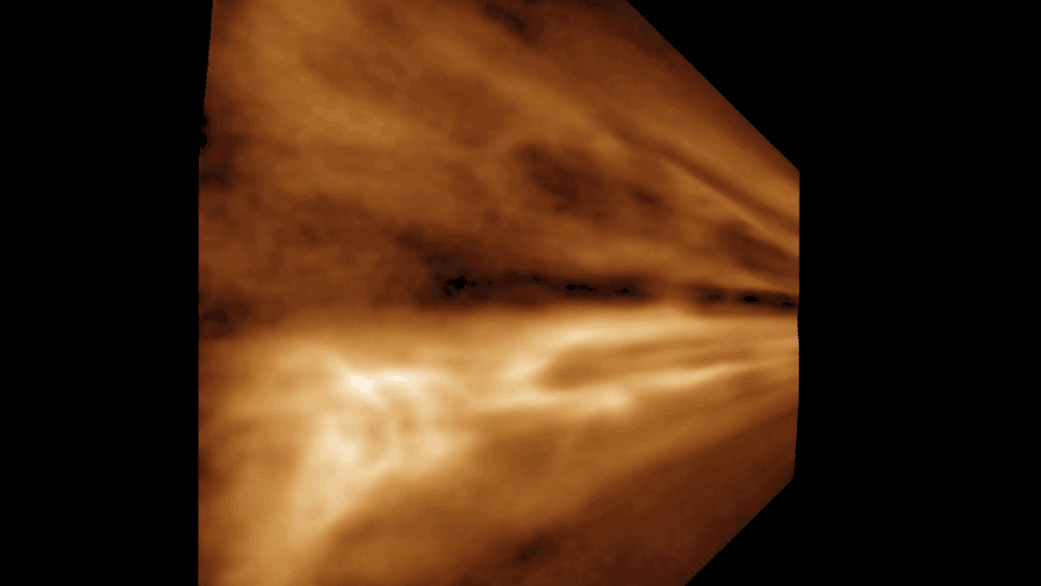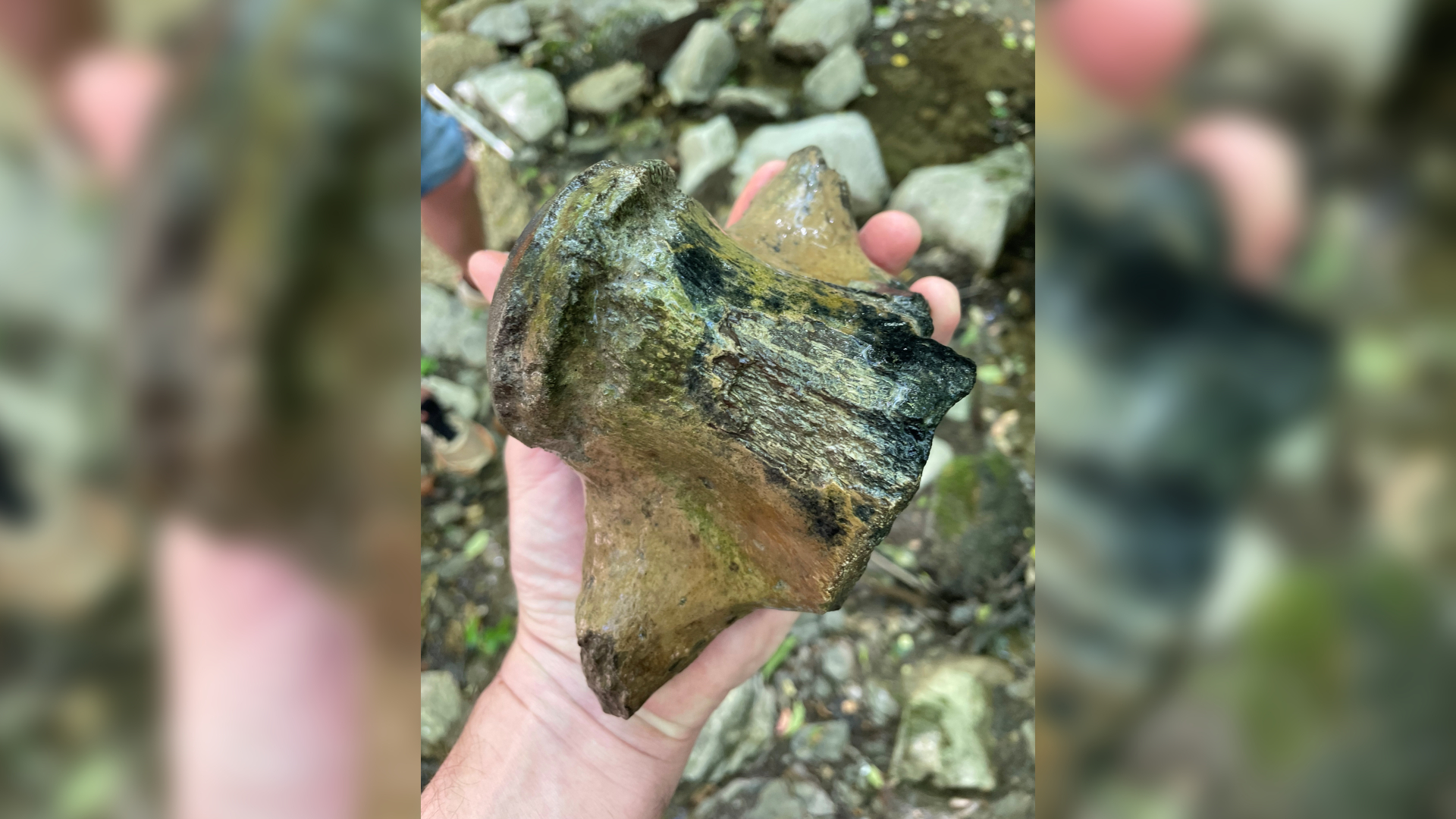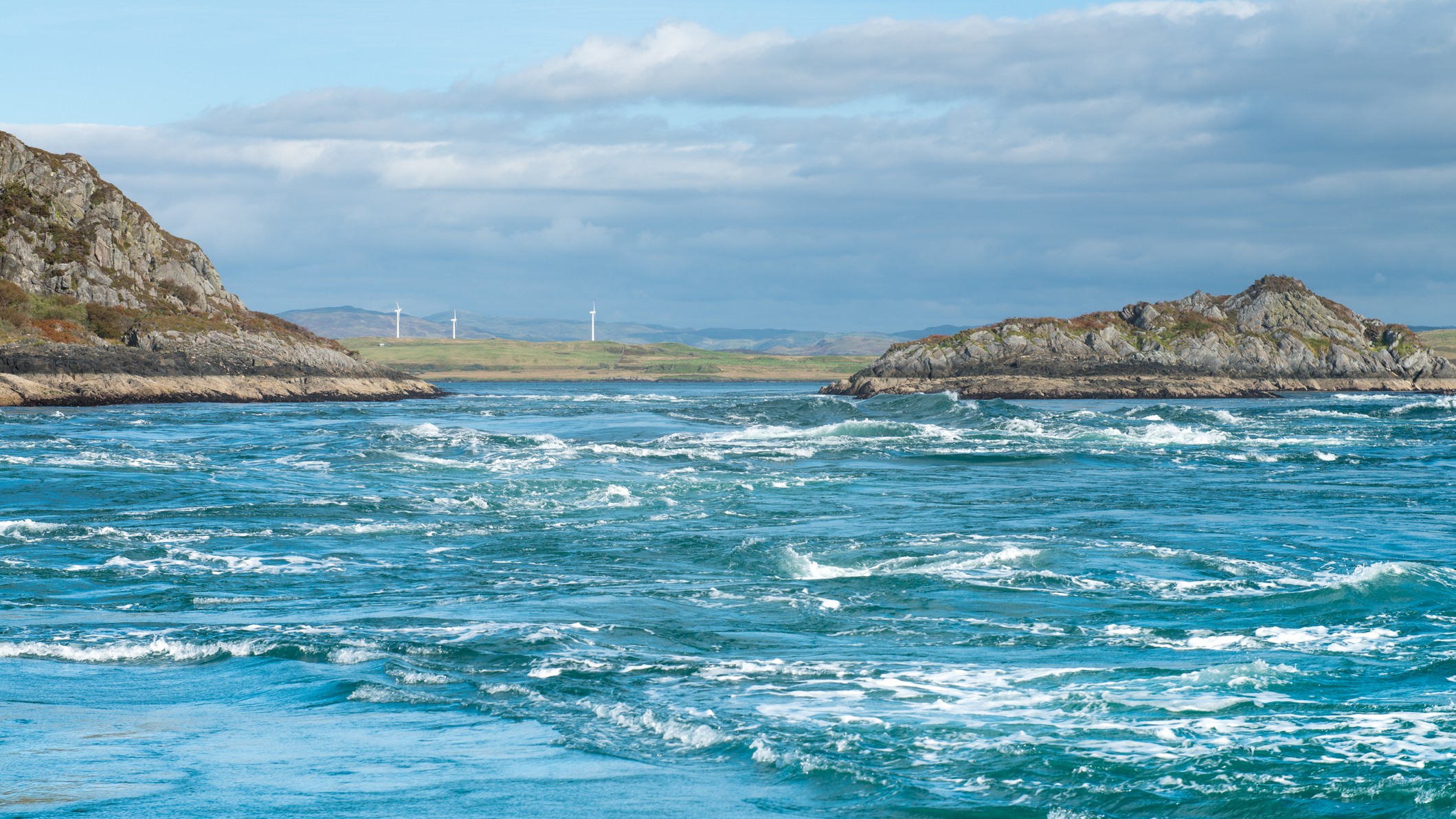Nevada 'Feeling the Heat' of Climate Change

RENO, Nev. (AP) — Nevada is among the states with the most dramatic increase in average temperatures the last 30 years, according to a new study that examines the impact of global warming across the country.
The average temperature in Reno from June through August last year was 75.6 degrees, almost 7 degrees above the 30-year average, the U.S. Public Interest Research Group reported. The gap was the biggest measured nationally.
Las Vegas' average temperature last summer was 3.6 degrees above the 30-year average from 1971-2000, while Elko's was 4 degrees above normal and Ely's was 2.1 degrees hotter, the report said.
"The scientific evidence of global warming is incontrovertible, and Nevada is feeling the heat more intensely than most of the rest of the U.S," said Stephen M. Rowland, Professor of Geology at University of Nevada, Las Vegas.
"Only a tiny bit of this increase in temperature can be attributed to increased urbanization the so-called urban heat-island effect," Rowland continued. "Global warming is here, and we better get serious about confronting it."
According to the National Climatic Data Center, the 2006 summer and 2006 overall were the second warmest on record for the lower 48 states. And 2007 is on track to be the second warmest year on record globally.
"Global warming is rewriting the record books in Nevada and across the country," said Jill Bunting, a spokesperson for U.S. PIRG.
Sign up for the Live Science daily newsletter now
Get the world’s most fascinating discoveries delivered straight to your inbox.
"Unless our elected officials act now to curb global warming pollution, Nevada will see more severe heat waves that increase the risk for wildfires, drought, and heat-related illnesses," she said.
The new report found Reno's average temperature from 2000 to 2006 was 3.4 degrees above the 30-year average, the second-highest reading in the nation for the period.
The environmental advocacy group analyzed temperature data collected from 255 weather stations across the country to examine warming temperatures during recent years compared with historical trends.
Nationally, the average temperature during the summer of 2006 was at least half a degree above the 30-year average at 82 percent of locations studied.
Reno experienced 74 days the temperature hit at least 90 degrees in 2006 — 21 more days than the historical average. The average temperature for all of 2006 was 3.3 degrees above normal in Reno, the report said.
The average minimum temperature in Reno last summer — the lowest temperatures recorded on a given day, usually at night — was 59 degrees. That was almost 10 degrees above the normal minimum temperature recorded from 1971 to 2000, again the biggest difference noted nationally.
Warmer nighttime temperatures exacerbate the public health effects of heat waves, since people need cooler nighttime temperatures to recover from excessive heat exposure during the day, the study said.
Las Vegas was second on that list nationally, recording an average minimum temperature of 80.5 degrees last summer — 4.8 degrees above normal. It's average for all of 2006 was 2.8 degrees above normal.
Las Vegas' above-average temperatures in 2006 are part of a broader warming trend since 2000. Between 2000 and 2006, the average temperature was 1.7 degrees above the 30-year average in Las Vegas.
"Nevadans are starting to understand that global warming is affecting us right now, and that our elected officials need to start making some tough choices to protect our quality of life," said Kyle Davis, the Policy Director for the Nevada Conservation League and a member of the Governor's Climate Change Task Force.
- Top 10 Surprising Results of Glabal Warming
- VIDEO: Goldilocks and the Greenhouse
- 113 Nations Agree: Climate Change 'Very Likely' Caused byHumans










